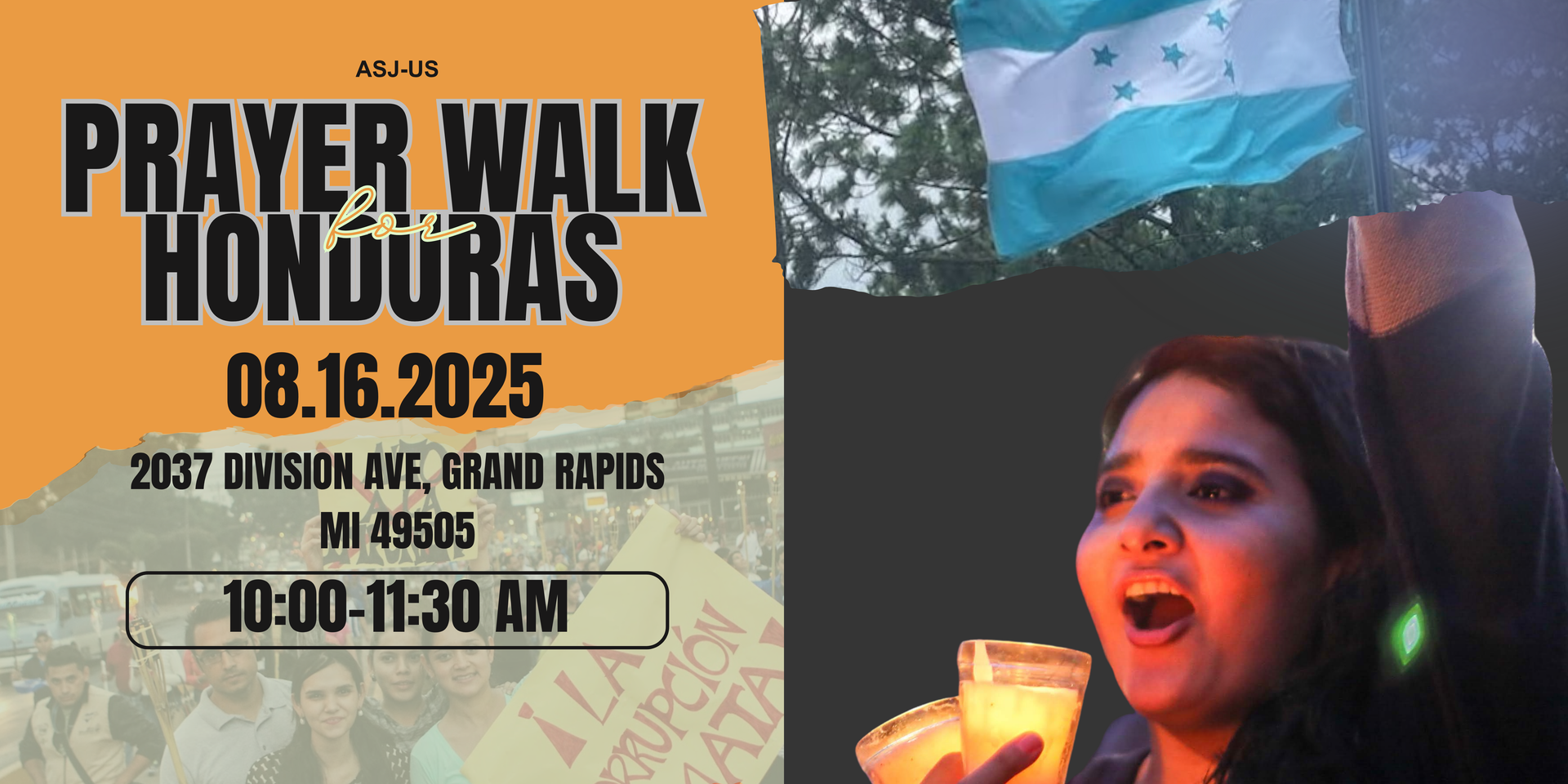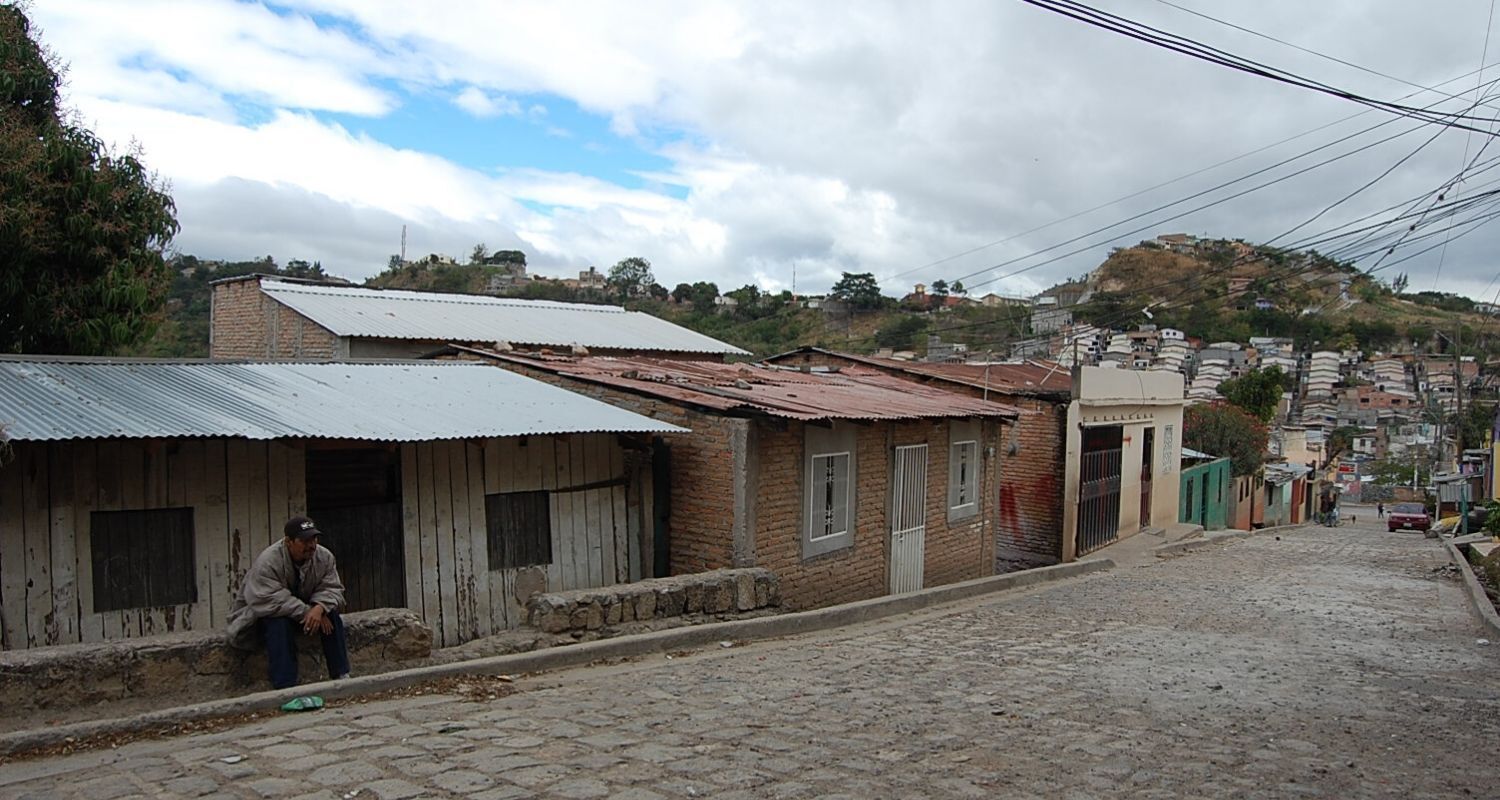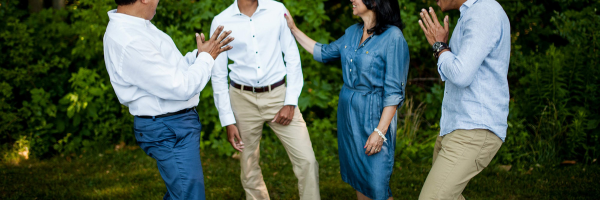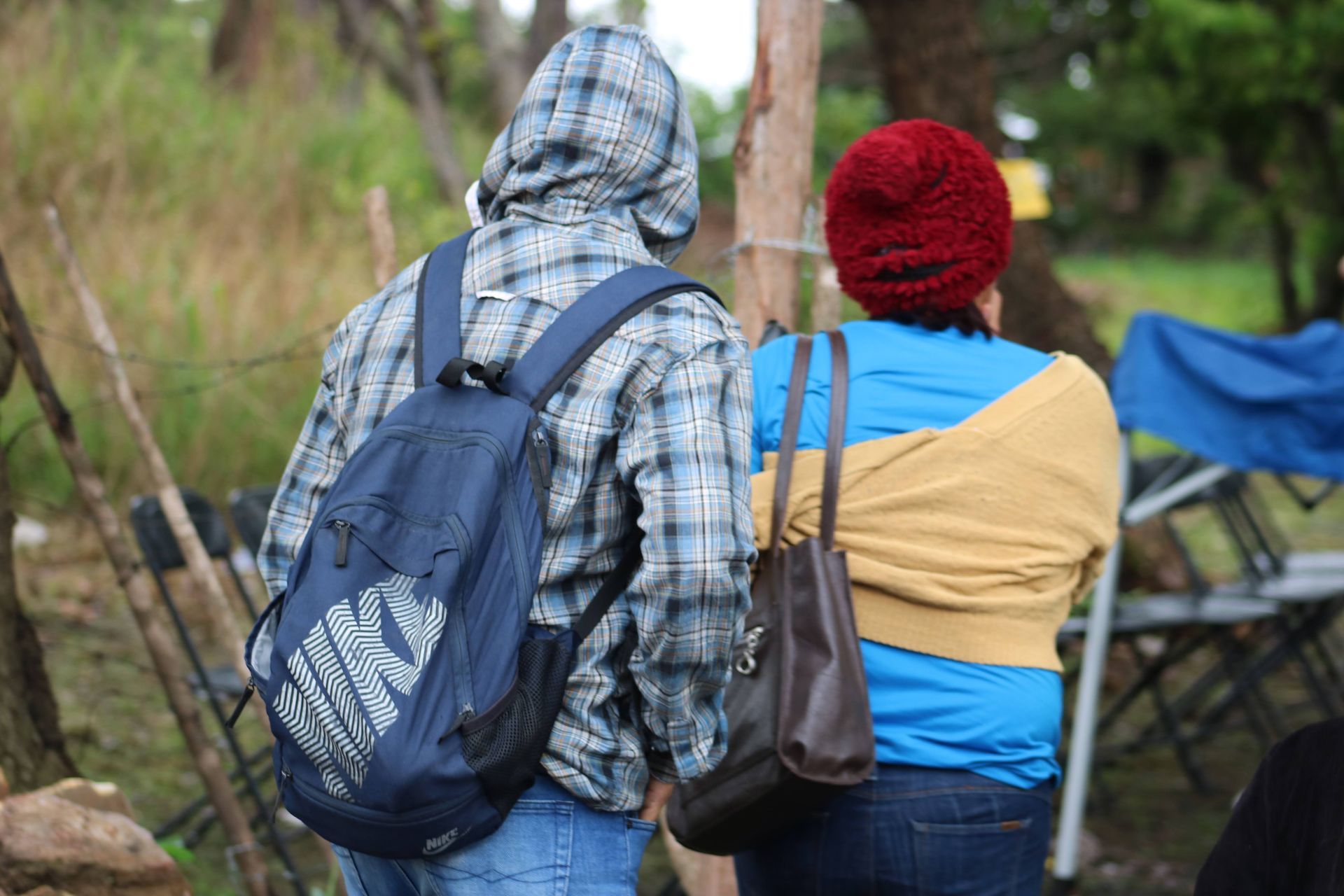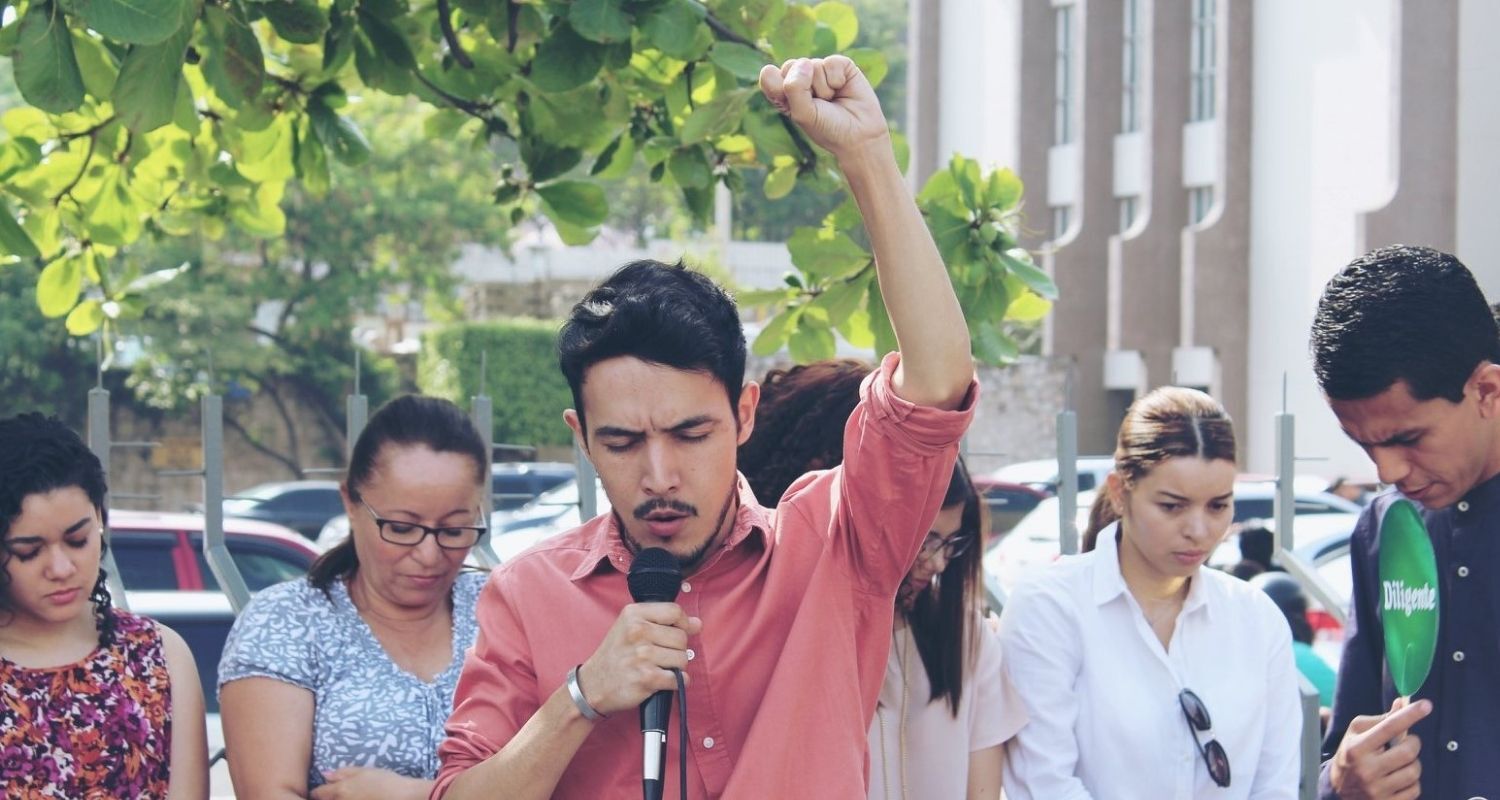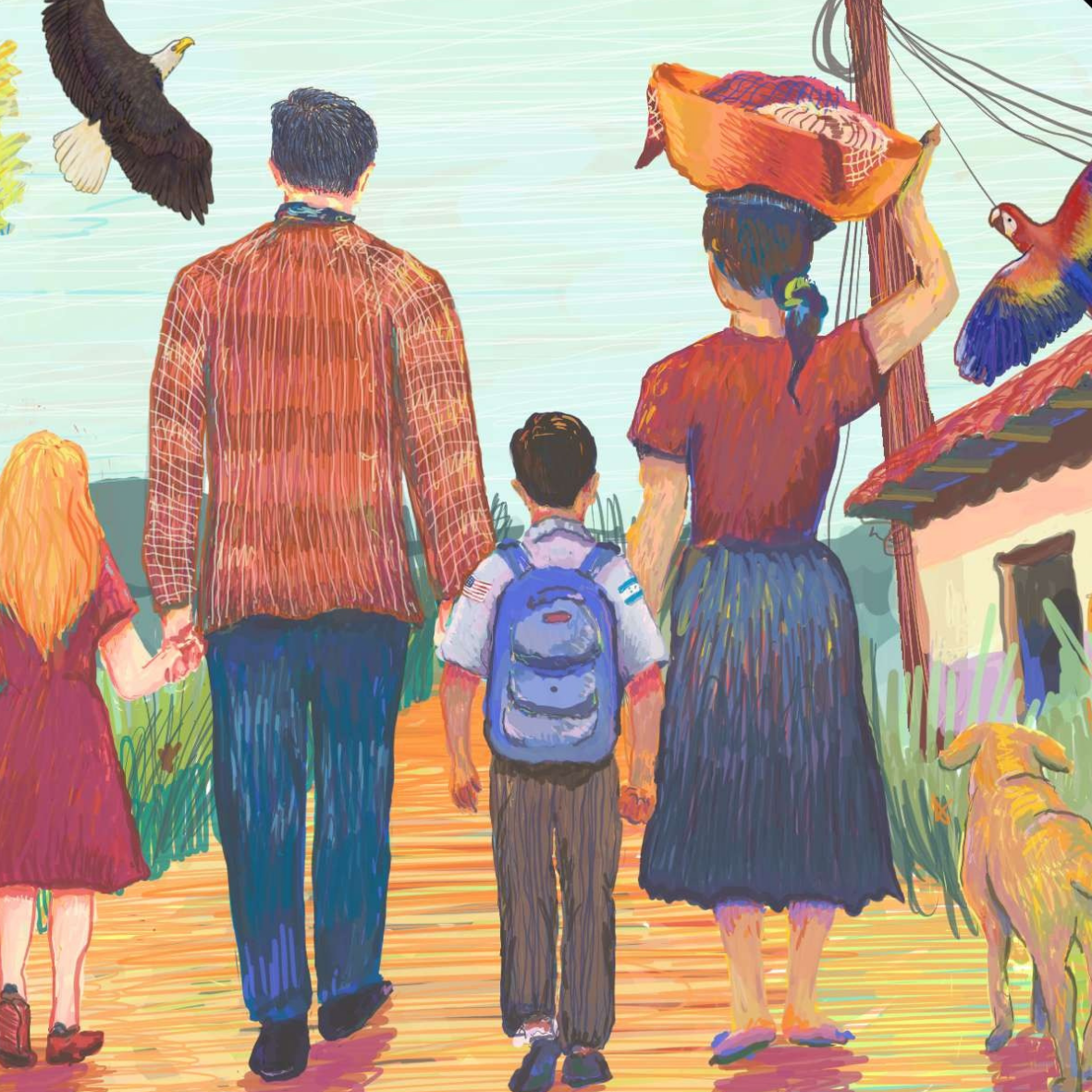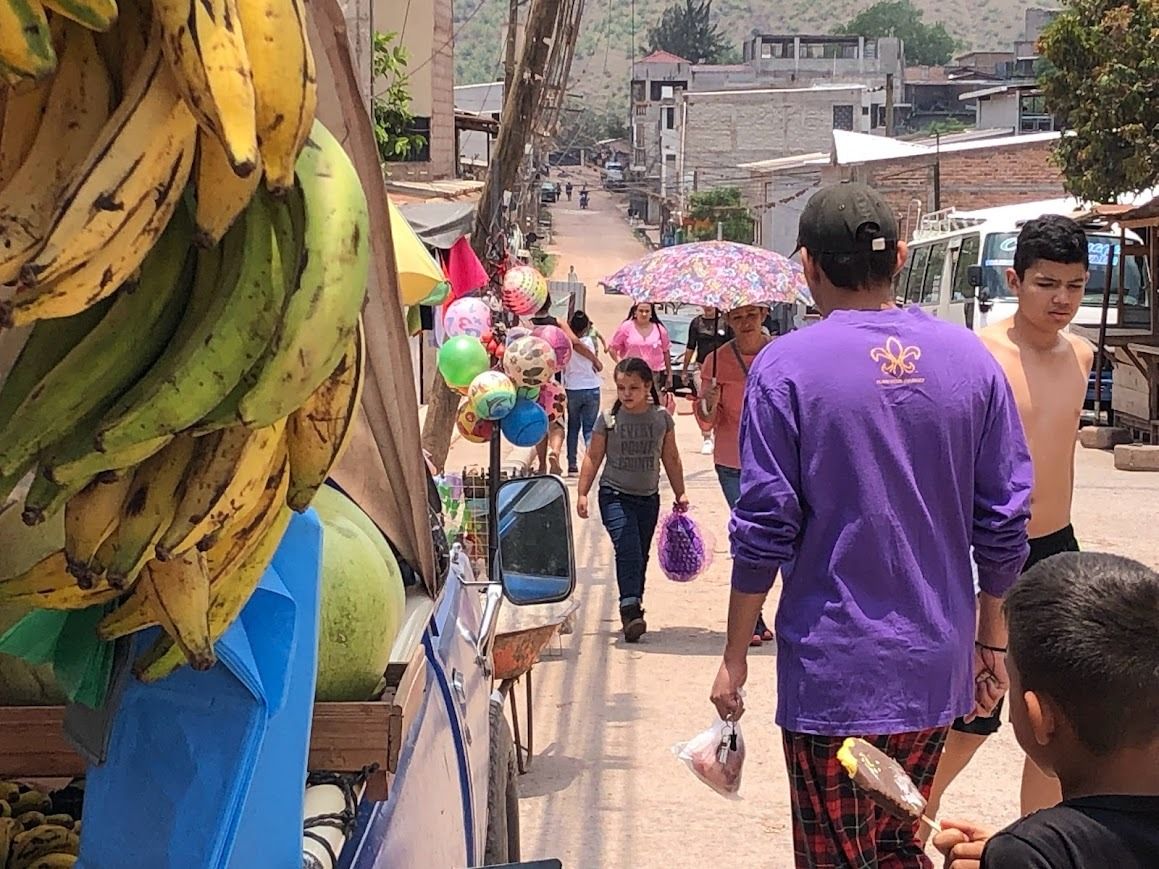October 29, 2013
Upon entering the small hilly Modesto Rodas Alvarado neighborhood today, you would find a freshly painted sign welcoming you, and neighborhood residents who are eager to show you the community center and recently re-roofed kindergarten. But a few years ago, residents were hesitant to invest anything in their neighborhood, fearing they could be evicted any day.
In 1980 the neighborhood’s founders came from southern Honduras, and many started paying the mayor’s office for their plots of land. However, in the early 2000s another supposed landowner, lawyer Oscar Siri Zuniga, claimed that the land actually belonged to him. He threatened residents with eviction if they did not pay him. Neighborhood residents were confused: were they supposed to pay the mayor’s office or Zuniga in order to continue living on the land?
The Modesto Rodas Alvarado neighborhood was one of hundreds in Honduras facing similar problems. So, in 2004 the Honduran Congress, aided by a team of ASJ (formerly known as AJS) lawyers, drafted a new law to help communities who were stuck in a conflict between opposing landowners get legal ownership of the land. The law allowed the government to take over (or to use the legal term, “expropriate”) neighborhoods where multiple people had filed conflicting ownership claims. Once expropriated, residents can pay into a trust fund overseen by the government and receive indisputably valid land titles. Competing claims to ownership of the once-bare, now-populated field or mountainside are sorted out in court, and if any are found to be legitimate, the owners are compensated for their loss with money the current residents paid into the trust fund.
Since the passing of the law, ASJ has been training community members on how to go through the steps to get property titles, and we have contributed to the awarding of 70,000 titles.
However, what neighborhood residents and ASJ team members have come to realize in the last years is that the Property Institute, the government entity charged with the titling process is fundamentally flawed. As ASJ lawyer, Josie Mairena notes, “Property Institute employees are political appointees that are replaced every four years. Because of such high staff turnover and a general lack of knowledge of the land titling process, each department carries out the process in a different order, making it very inefficient.” Experts believe that the government should be able to grant 100,000 titles a year, but some years the government only distributes 3,000 titles.
Communities and the ASJ team saw that knowing about the land titling process was not enough; they also had to know how to pressure the Property Institute into action and advocate for change.
Therefore, in the past year, the ASJ team has been training communities on the land rights law, but also on how to advocate with Property Institute officials in the form of writing letters, attending meetings, or organizing protests.
The team itself is also providing healthy pressure and suggestions for change to the Property Institute directly by forming a new Observatory made up of property titling experts from the World Bank, city construction council, and others.
And the Modesto Rodas Alvarado neighborhood is proof that this new strategy is working. The neighborhood was expropriated in early 2012, and soon after an active group of citizens formed a committee to work on getting land titles. Unfortunately, they found the titling process very complicated and were frustrated with the number of trips they made to government offices, waiting, sometimes outside in the rain for hours, for answers.
That’s where ASJ comes in. The neighborhood committee contacted ASJ asking for help. An ASJ community educator trained the resident both in the land titling process, but also on how to do advocate with the Property Institute by scheduling meetings with decision-makers and holding officials to their commitments.
In just six months, the neighborhood has already gone through six of the eight steps of the titling process–a process that some neighborhoods have not completed in more than six years. And this month the 139 families will be able to begin to pay for the land. According to Felix Aguilera, the president of the land rights committee, “We couldn’t have completed this process without ASJ. They came alongside us during the whole process and were only a phone call away.”
The ASJ Land Rights team hopes to use Modesto Rodas Alvarado as an example for other neighborhoods to show that with pressure and a good knowledge of the land titling system it is possible to make the system work.
